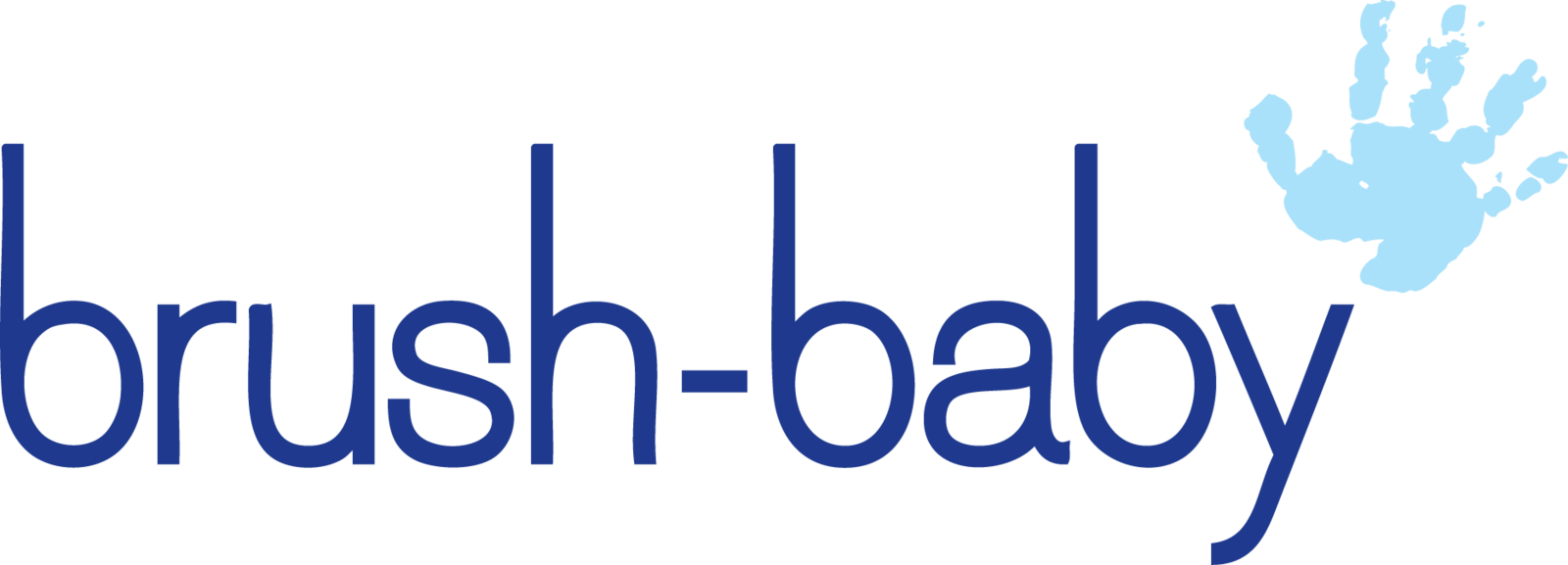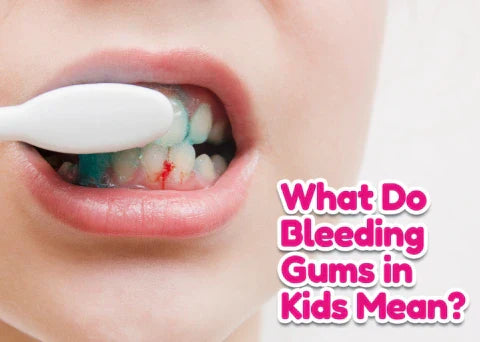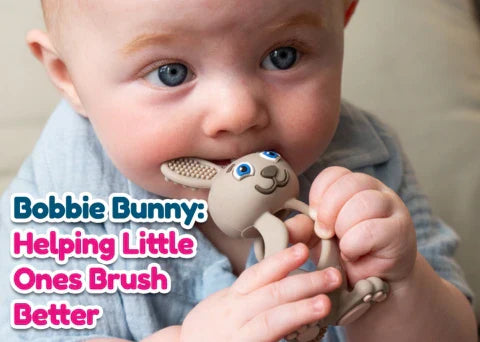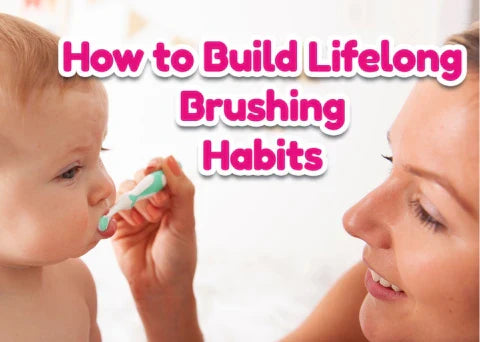Dental Care Tips for Special Needs Children: A Guide for Parents
Navigating the world of dental care for children with special needs can be daunting for any parent. The unique challenges that arise from your little one's specific circumstances call for a tailored approach to oral hygiene.
In this blog article we'll walk you through invaluable advice and resources aimed at making dental care an achievable, positive routine in the life of your little one.
Understanding Special Dental Needs
Your child's smile is as unique as their individual needs. A child with special needs refers to those who may have a range of conditions, spanning from physical disabilities to sensory aversions, all of which can impact their dental health.
It's crucial to recognise the impact these factors can have and tailor oral care that respects and suits your child's needs.
Choosing the Right Dental Products
When it comes to your special child's dental routine, one size definitely does not fit all. Selecting the right products, such as the right kids toothbrush, or an age appropriate kids toothpaste, can make all the difference in comfort and efficacy.
Kids' Toothbrushes Suitable for Special Needs Children
Look for children’s toothbrushes that offer a comfortable grip and soft bristles. These are beneficial for children who experience difficulty with fine motor skills. Kids electric toothbrushes are also a great idea, as less movement from the child is required and they can often reach places that are hard to reach with a manual kids toothbrush.
Kids Floss Suitable for Special Needs
Flossing is often challenging, even for typically developing children. A good option is to use floss picks, which provide a stable tool that reduces the required dexterity.
Kids Toothpaste Suitable for Children with Special Needs
The kids toothpaste that you choose for your child is also important. Fluoride content should match your child's developmental stage and swallowing habits. This Toddler Toothpaste by brush-baby is free from harmful chemicals and provides the right fluoride levels, ensuring a child-friendly and safe brushing experience.
brush-baby’s Top Tips for A Successful Dental Care Routine
- Consistency is Key - Begin early, and make the process as pleasant as possible for your child to encourage lifelong good habits.
- Establishing a Dental Care Routine for Special Needs Children - A structured routine gives cues and helps in familiarising children with the process. Start with brushing with a children’s toothbrush after breakfast and just before bedtime, and include flossing at least once daily. Use visual aids or a reward chart to celebrate every step.
- Techniques for Brushing and Flossing - For children with sensory aversions, it’s crucial to introduce textures and flavours gradually. Start by letting your child touch and taste the dental products, such as kids toothpaste, before use. At brush-baby, we stock a wide range of kids toothpastes in a variety of flavours, please click here for more info. In terms of demonstrating how to brush, we find that adaptive techniques, like the 'tell, show, do' method, allow children to become familiar with each step before it's performed on them.
- Overcoming Challenges in Oral Hygiene Practices - Patience is your greatest ally. Children with special needs may require a longer time to adjust. Practise non-verbal cues or use assistive communication devices to convey comfort and assure them at every step.
- A Continued Commitment to Children's Dental Care - The commitment to your child's dental care is a testament to the love and advocacy you have as a parent. By following these tips and utilising provided resources, you're setting your child up for a lifetime of healthy oral habits. Prioritise their dental health, and watch as each brush brings a brighter, healthier smile.
For more expert guidance and to explore a tailored line of children's dental products, from kids toothbrushes, to toddler toothpaste and everything in between, visit the brush-baby online store - we're here to support you in creating the best path for your child's oral health.
